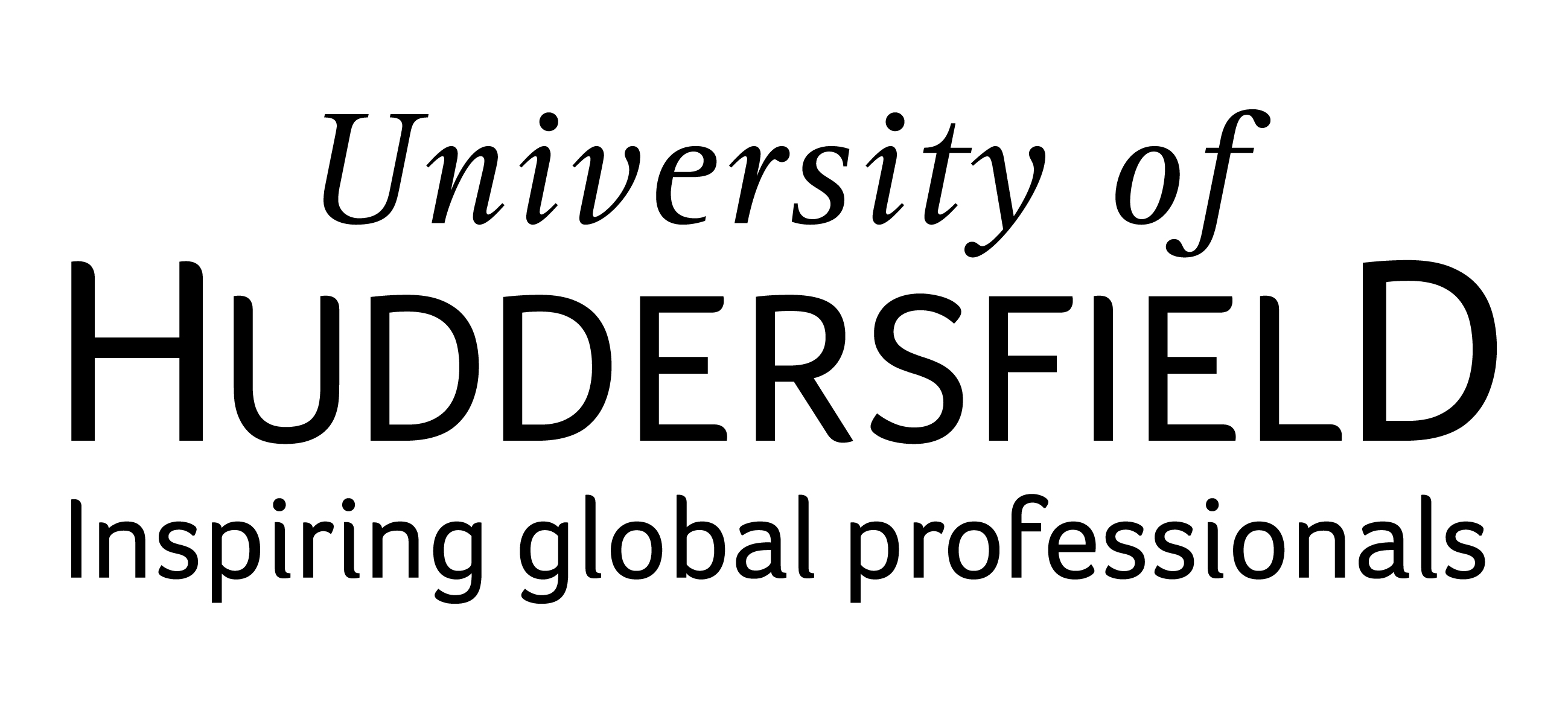Blog, Course Level, Critical thinking, Essay, Essay writing, Intermediate, Oral presentation, Presentation, Producing an argument, Referencing, Reflection, Reflective writing, Research, Screencast, Seminar, Visual presentation, Workshop
Home »
| Initiator | Dr Cath Ellis |
|---|---|
| Rationale | This module introduces some of the ways in which theory can enrich critical understanding of literature and culture. Students have the opportunity to explore a wide range of ideas concerning the ways in which individual and cultural identities are constructed and represented in texts, signs and objects in the world. They will be presented with some of the most important and challenging ideas from modern critical and cultural theory. In addition to looking at their significance for interpreting literary texts, students will be invited to extend the scope of these theoretical ideas to consider how they can inform understanding of culture in the widest sense, from photography and cinema to advertising, pop videos and all other aspects of the cultural landscape that surrounds us. |
| Description of Initiative | Introduction to Critical and Cultural Theory (ICCT) reaches the majority of second year students in the programme. This is crucial as an important part of the initiative is to encourage students to apply holistically what they learn in this module. Replacing lectures with screencasts has freed up space to deliver workshops at appropriate times. In addition to normal seminars, these workshops are team taught by the subject tutor and the Academic Skills Tutor (AST) and students are encouraged to write and self evaluate in relation to criteria that they have explored in class. Part of the assessment for the module is a reflective learning journal and portfolio. |
| Assessment | 2,500 word Essay relating theory to text (50%). Reflective portfolio including reflective essay (50%) |
| Ideas for adapting | Putting lectures onto screencasts. Using reflective journals via blog. Developing workshops on specific skills and team-teaching with AST. Oral presentations â develop own criteria in workshop and peer assess. Information Literacy Skills âworkshop with subject librarian. Essay writing âin depth discussion of criteria and planning. Workshop with graphic artist re visual presentation. |
| Links to Resources | Screencasting http://ipark.hud.ac.uk/content/screencastingBlogs http://ipark.hud.ac.uk/content/blogs Reflective writing Essay Writing Producing an argument/critical thinking Oral Presentation Referencing Research |

